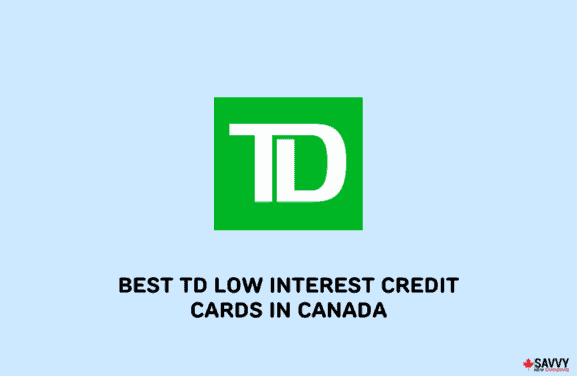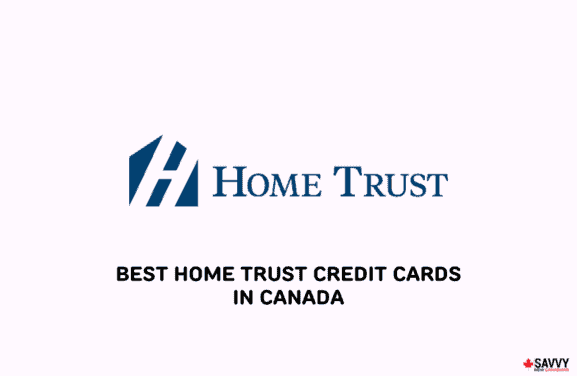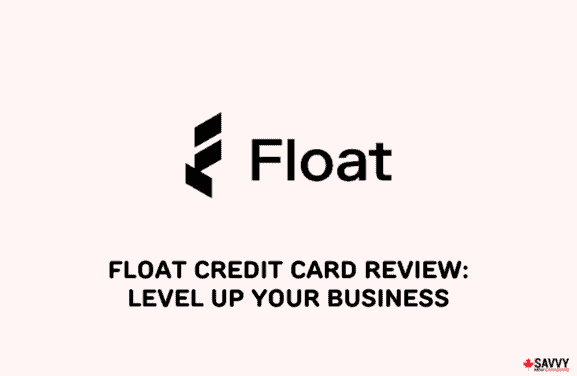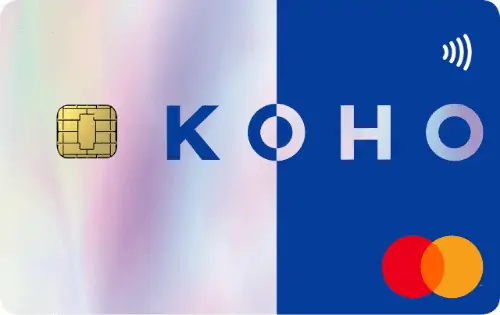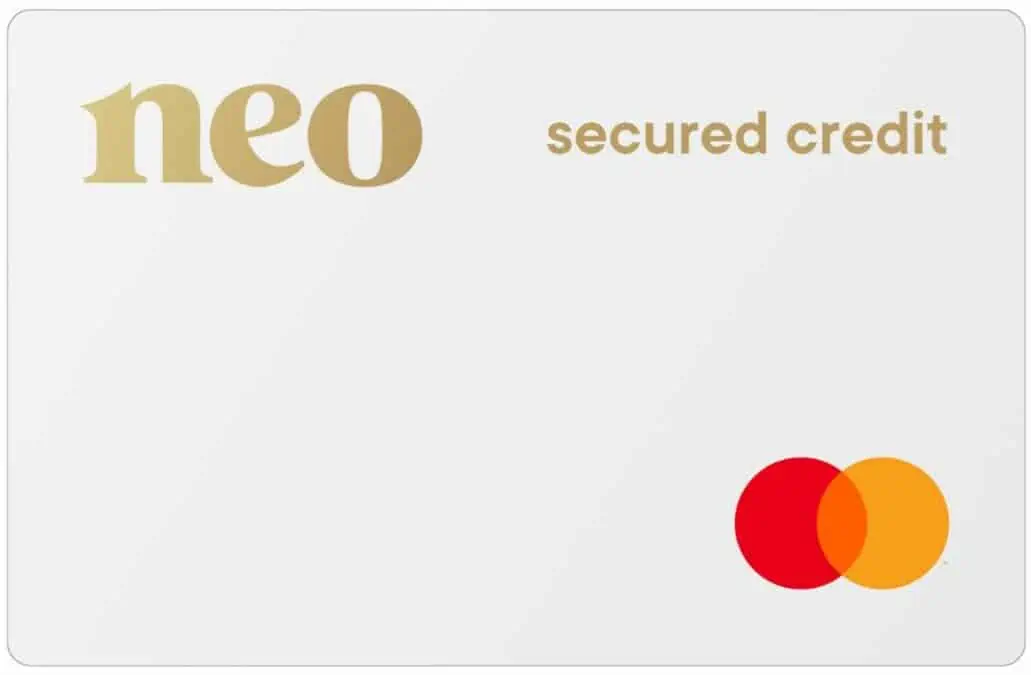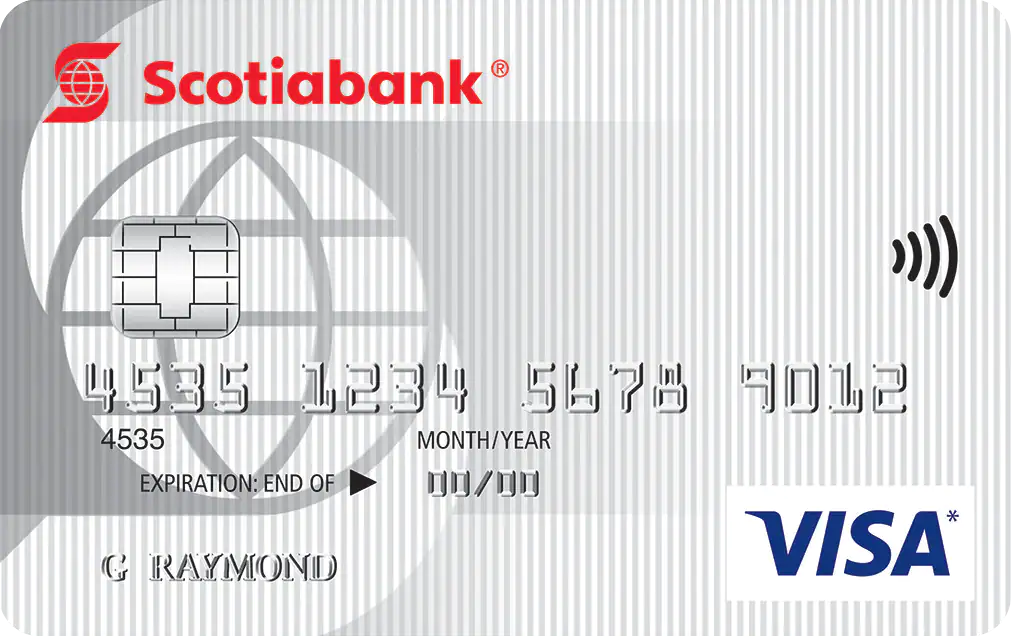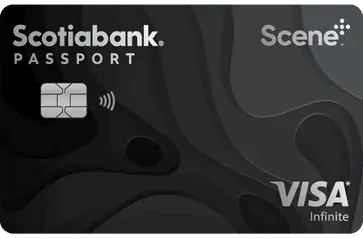Credit cards can be incredibly useful. Not only are they convenient to make purchases, but they often come with bonuses and perks you can’t get with other spending methods.
But getting into credit card debt can be a problem.
If you pay off your balance in full every month, you won’t have any issues. But if you carry a balance, the high-interest rates can be expensive.
So, how should you pay off your credit card in Canada? Read on to find ten smart strategies to clear your debts quickly.
Key Takeaways
- Having lots of credit card debt can be stressful, but there are smart strategies you can use to pay off your debt.
- These include debt consolidation, balance transfer credit cards, negotiating a lower interest rate, and more.
- You can also use a credit card payoff calculator to determine how long paying your credit card debt will take based on how much you can afford to pay.
How to Pay Off Credit Card Debt
Want to pay off your credit card debt in Canada? Check out these 10 top strategies to get you started.
1. Consolidate Your Debt
Debt consolidation can be a good option if you have several different debts, including credit card debt.
The idea is to take out a new loan that covers all your different debts, usually at a lower interest rate than you would be paying on your credit card debt.
You then make one monthly repayment, which can make it more affordable to pay back, helping you pay off your debt sooner.
But it also makes it more convenient and less stressful only making one payment compared to several.
2. Pay More than the Minimum Payment
One surefire way to spend years paying off your credit card debt is to only make the minimum payment.
If you do this, you are only paying off a tiny portion of your total debt, and the high-interest rates will keep on accumulating debt.
It can take many years to pay your debt off this way, so always try to pay off more than your minimum payment.
Pay off as much as you can to get out of debt sooner and reduce the amount you spend on interest.
3. Make Payments on Time
Always make your payments on time, even if you only make the minimum monthly payment.
If you fail to make your payments on time, this can hurt your credit score. But it can also lead to fees, which can be expensive.
Instead of paying off your debt, it will increase as the fees build up, taking even longer to pay off your debt.
4. Use a Balance Transfer Credit Card
One option that may be available to you is to apply for a balance transfer credit card to pay off your credit card debt sooner.
These credit cards allow you to transfer your balance from your existing credit card. In addition, they often charge no interest, or a very low-interest rate, for a set period, which could be six months or even longer.
You still have to pay off your debt, but you don’t have to worry about the interest payments adding up on top of your debt for however long the offer lasts.
This means you could pay off your debt much sooner and reduce the total amount you pay back.
5. Use a Low-Interest Credit Card
A similar option is to apply for a low-interest credit card in Canada. Most credit cards have interest rates of about 19.99% or higher. Low-interest credit cards, on the other hand, only charge about 12% or even lower.
This can make a significant difference to anyone carrying a large balance.
Search the different low-interest credit cards available. They all have different interest rates as well as perks and eligibility requirements. When you find a suitable card, apply for it and then transfer your balance.
You will often pay a balance transfer fee, but you will start paying off your credit card debt at a much lower interest rate.
This can reduce the amount you pay back and the time it takes to pay it off.
6. Pay Your Smallest Balance First
If you have several credit card debts, you might want to focus on paying off the smallest first. This is known as the snowball technique.
The idea is that you get a motivational boost by paying off an entire debt, reducing the number of debts you have to pay off. You then move on to the next smallest debt.
You will still need to make the minimum payments on all your debts. But this can be a good way to help you feel like you are progressing in reducing your debts.
As you reduce the number of payments you make each month, it can become less stressful and easier to manage.
7. Use Credit Card Installment Plans
Many credit cards provide installment plans. These are when you can split a large purchase into several payments of the same size over a specific number of months.
There are some requirements. For example, your account must usually be in good standing.
But if you are planning a large payment and don’t want to pay it off normally with a high-interest rate, it’s worth looking into this option.
8. Negotiate for a Lower Interest Rate
One option you shouldn’t discount entirely is asking for a lower interest rate.
Credit card companies like customers that carry a balance because they make money by charging you interest. If they can keep you as a customer, they may be willing to be more flexible.
Call customer service and tell them you are considering closing your credit card and transferring your balance. However, clarify that you would prefer to stick with them.
Ask if they can reduce the interest amount so you can keep on paying it back without transferring your balance. It’s not always possible, but it’s worth a try.
9. Find Ways to Increase Your Income
Of course, another option available to you is to increase your income so you can pay off more of your debt sooner.
Several side hustles are available that might help, from doing freelance work on the side to doing a part-time gig in your local area.
As you increase your income, don’t spend it on other things. Instead, focus on paying off your debts to become debt-free sooner.
10. Track Your Spending and Make a Plan
Whatever strategy you decide to focus on, make sure you start keeping close track of all your spending.
Create a budget and get a better idea about your ingoings and outgoings. You may find that you can cut out some unnecessary expenses and have more money to pay off your debts.
Once you have a budget in place, make a plan. Work out how much you can spend each month paying off your debts, and determine how long it will take you.
You can then track your debt reduction and see how much progress you make to give you motivation.
How to Pay Off Your Credit Card Online
If you want to pay off your credit card, the easiest way to do so is online. Different credit card issuers have slightly different processes, but the general steps involve going to your bank’s website and signing into your account.
You will then have several options.
If you also have a chequing account with the credit card provider, you can simply transfer money from your account to your credit card to pay your balance.
If you don’t have a chequing account with the same bank, go to your bank’s website, set up your credit card as a bill payee, and then you can make payments directly.
Credit Card Payoff Calculator
You can use this calculator to work out how long it will take you to pay off your credit card debt.
Type in your credit card balance and interest rate, and you will then find three options:
- Enter the minimum payment you have to make.
- Enter the minimum payment plus an extra.
- Type in a fixed monthly payment.
Click calculate to see the results, including:
- How long it will take to pay back your debt.
- The interest paid.
- And the total paid.
- The amount you will save.
Let’s say you have a balance of $1,000, an interest rate of 22%, and you opt to pay back $75 per month.
In this case, it would take one year and four months with a total interest of $157.34.
If you just make the minimum payment at 3.5%, it would take you seven years and eight months, and you would pay $812.58 in interest.
FAQs
The quickest way to pay off a credit card in Canada is often to consolidate your debt or get a balance transfer credit card. This way, you can pay off your debt quicker at a lower interest rate.
If you are short on cash, you may want to speak to a specialist debt advisor. You can also work out a budget to reduce your spending and consider options like debt consolidation.
Related: Can International Students Get a Credit Card in Canada?

